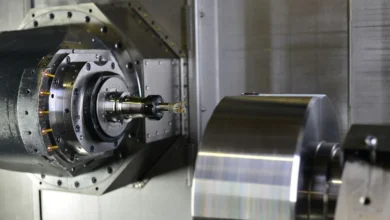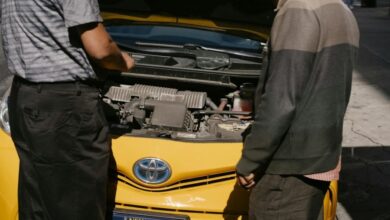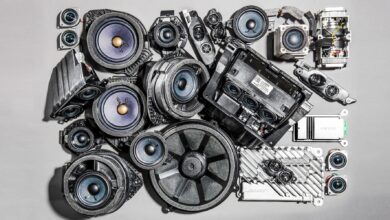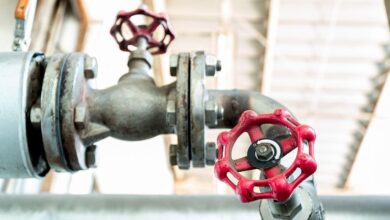
What to Expect During a Professional Engine Tune-Up Service
An engine tune-up is a necessary maintenance procedure that keeps your car operating at peak efficiency. Mechanics can increase the efficiency, lower emissions, and extend the life of your engine by carrying out a number of inspections and modifications. You can better anticipate the visit and recognize the value of car maintenance if you know what to anticipate from a professional engine tune-up.
Initial Inspection
The mechanic will perform a comprehensive first assessment of your car and engine before starting the real tune-up. This includes visually inspecting parts like filters, hoses, and belts. In addition, the technician will listen for any odd noises or vibrations that might point to underlying problems. They might also use specialist equipment to perform diagnostic tests to evaluate the engine’s performance parameters and find any possible fault codes. This preliminary evaluation establishes the foundation for the tune-up procedure. For Auto service in Tucson, Az, ensure your vehicle receives thorough evaluations and tune-ups from experienced professionals.
Spark Plug Replacement
The spark plugs are one of the main parts that are serviced during an engine tune-up. Spark plug lifespans range from 30,000 to 100,000 miles, depending on the manufacturer’s recommendations. The technician will take out the worn-out spark plugs during the service, check them for damage and wear, and replace them with new ones if needed. Spark plugs that are in good working order are essential to ensure that the engine ignites gasoline efficiently, which promotes maximum performance and fuel economy.
Fuel System Cleaning
Tune-up professionals also inspect the fuel system. Over time, fuel injector deposits can reduce performance and economy. The mechanic could clean the fuel system by adjusting the fuel injector spray pattern and eliminating carbon deposits using special cleaners. Your engine will run more smoothly and effectively with clean fuel.
Air Filter and PCV Valve Check
Since clean air filters maximize engine airflow, they are essential for engine performance. The mechanic will examine the air filter for dirt and particles during the tune-up. If it seems dirty or clogged, it will be changed. The PCV valve will be checked similarly. By recycling gases, this valve improves engine performance and controls pollution. The PCV valve must be working properly to avoid engine issues and poor emissions.
Fluid Level Checks and Changes
A professional tune-up often checks and changes car fluids and engine parts. This includes gearbox, braking, coolant, and engine oil. Technicians will check for pollutants, assess levels, and recommend modifications. Maintaining proper fluid levels will prevent costly repairs and keep your automobile running smoothly.
Conclusion
After inspections, replacements, and fluid checks, the mechanic will adjust engine settings to ensure optimal performance. This may involve timing modifications, sensor or module calibration, and other performance improvements. After the tune-up, the car is usually tested to make sure it operates smoothly. Regular engine tune-ups increase car performance and dependability and save money on repairs.




